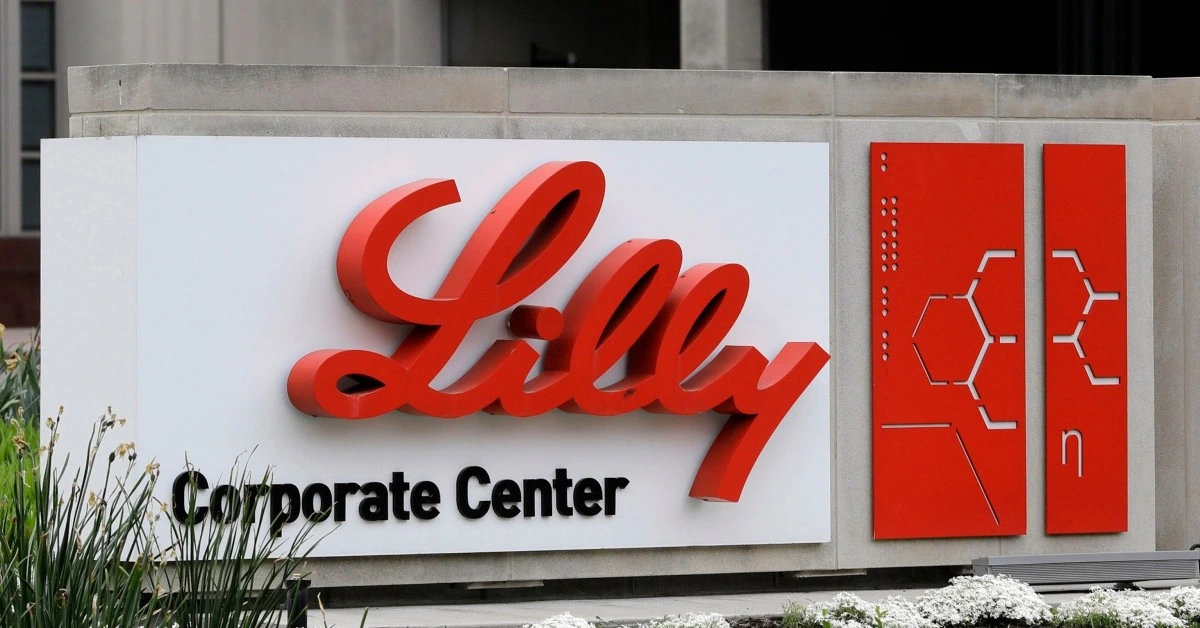
USA – Eli Lilly’s experimental oral medication, orforglipron, has demonstrated encouraging outcomes in its first Phase 3 clinical trial, offering a potential alternative to injectable treatments for obesity and type 2 diabetes.
In the ACHIEVE-1 study, participants with type 2 diabetes who received the highest dose of orforglipron experienced an average weight loss of 7.9% over 40 weeks.
Additionally, the drug effectively lowered hemoglobin A1c levels, a key indicator of blood sugar control, by 1.3% to 1.6% across various doses.
Notably, participants had not reached a weight-loss plateau by the end of the study, suggesting the potential for further weight reduction with continued use.
Orforglipron operates as a GLP-1 receptor agonist, mimicking a hormone that regulates appetite and insulin production.
Unlike some oral GLP-1 medications, it can be taken without food or water restrictions, enhancing convenience for users.
This once-daily pill could offer a convenient alternative to injectable treatments like Ozempic and Mounjaro
The safety profile of orforglipron aligns with existing injectable GLP-1 therapies, with common side effects including nausea and diarrhea. No significant liver issues were reported during the trial.
Eli Lilly plans to seek regulatory approval for orforglipron as a weight-loss treatment later this year, with a subsequent application for type 2 diabetes management anticipated in 2026.
The company has indicated readiness to manufacture the drug at scale, aiming to address the high demand for effective oral weight-loss solutions.
Chief executive David Ricks said the company has the manufacturing capacity to produce orforglipron at scale, without the supply constraints that have affected some of its other GLP-1 products, and is looking forward to “additional data readouts later this year.”
The development of orforglipron comes as other pharmaceutical companies, such as Novo Nordisk and Pfizer, explore oral alternatives to injectable GLP-1 therapies.
Pfizer recently discontinued its oral candidate, danuglipron, due to safety concerns, highlighting the challenges in this area of drug development.
If approved, orforglipron could significantly impact the treatment landscape for obesity and type 2 diabetes, offering a more accessible and user-friendly option for patients.
Its oral administration may improve adherence and broaden the reach of GLP-1 therapies, particularly among individuals hesitant to use injectable medications.
Eli Lilly’s stock responded positively to the trial results, reflecting investor optimism about the drug’s potential in the competitive weight-loss market.
XRP HEALTHCARE L.L.C | License Number: 2312867.01 | Dubai | © Copyright 2025 | All Rights Reserved